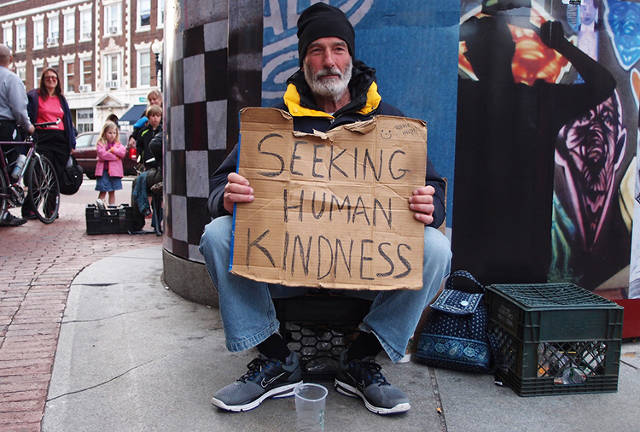
Many heroes emerged on 9/11. The firefighters and police officers who entered the burning building and debris stand out. Their memories continue to bless and inspire us today.
Among the overlooked heroes, however, was a group hunkered down in several white tents. The tents stood by the New York City medical examiners office.
Inside them was a rotating cast of pray-ors. They recited passage from the biblical book of psalms. They were following an ancient Jewish practice of continuously reciting psalms for the deceased between the time of death and burial.
It took months for some bodies to be identified and buried, and thousands of volunteers prayed without interruption in those tents for three months!
How It Started
The practice of reciting psalms immediately after death likely began thousands of years ago as a plea for God to show mercy upon the soul of the departed and ensure they not end up in purgatory. It continues today as a way of acknowledging and expressing our emotions, and focusing the mind away from the contemplation of death.
It also acknowledges our connection with the dead, suggesting we are part of one community. The living feel a responsibility for reciting psalms on behalf of the deceased.
One Community
That certainly proved true after 9/11. The number of volunteers grew every week. The practice not only brought comfort to the mourners and their families.
This continuous prayer affected many neighbors and workers near the site. Several police officers stopped in the tent and asked for their favorite psalm to be read.
Another volunteer at the time said the praying ”gives a sense of comfort and familiarity to these unstable times.” It is, he said, “a consolation, a way of grieving, and a way of being responsible.” This volunteer summed up the way prayer adds to our well-being during times of despair.
As we remember all those who perished on 9/11, perhaps we can comfort in the words of that most familiar psalm. “Yea, though I walk through the valley of the shadow of death, I will fear no evil, for thou art with me.” May God continue to be with us, and all those who remember.

